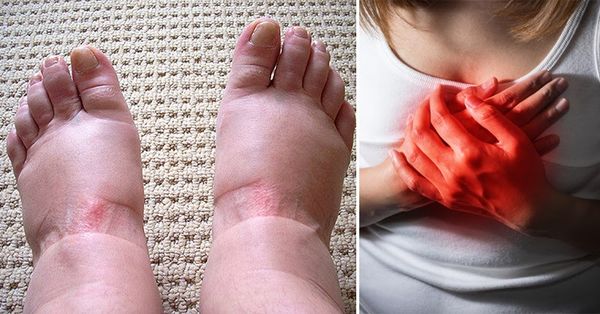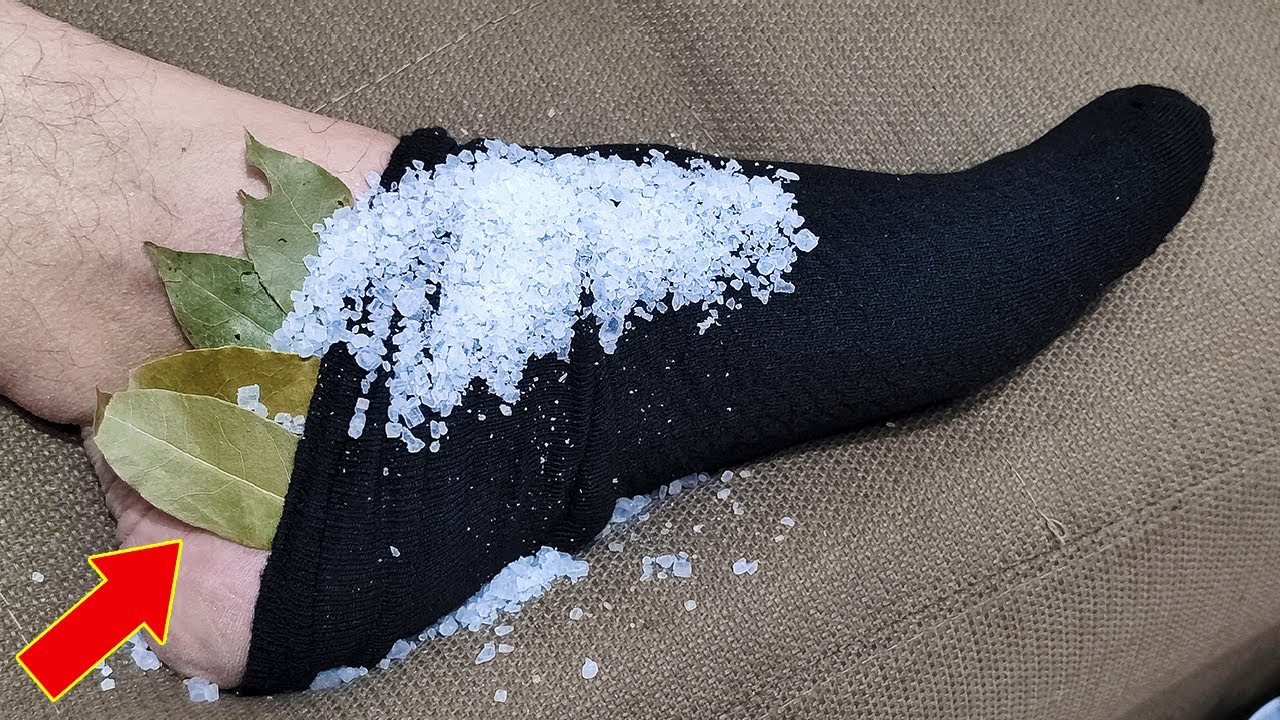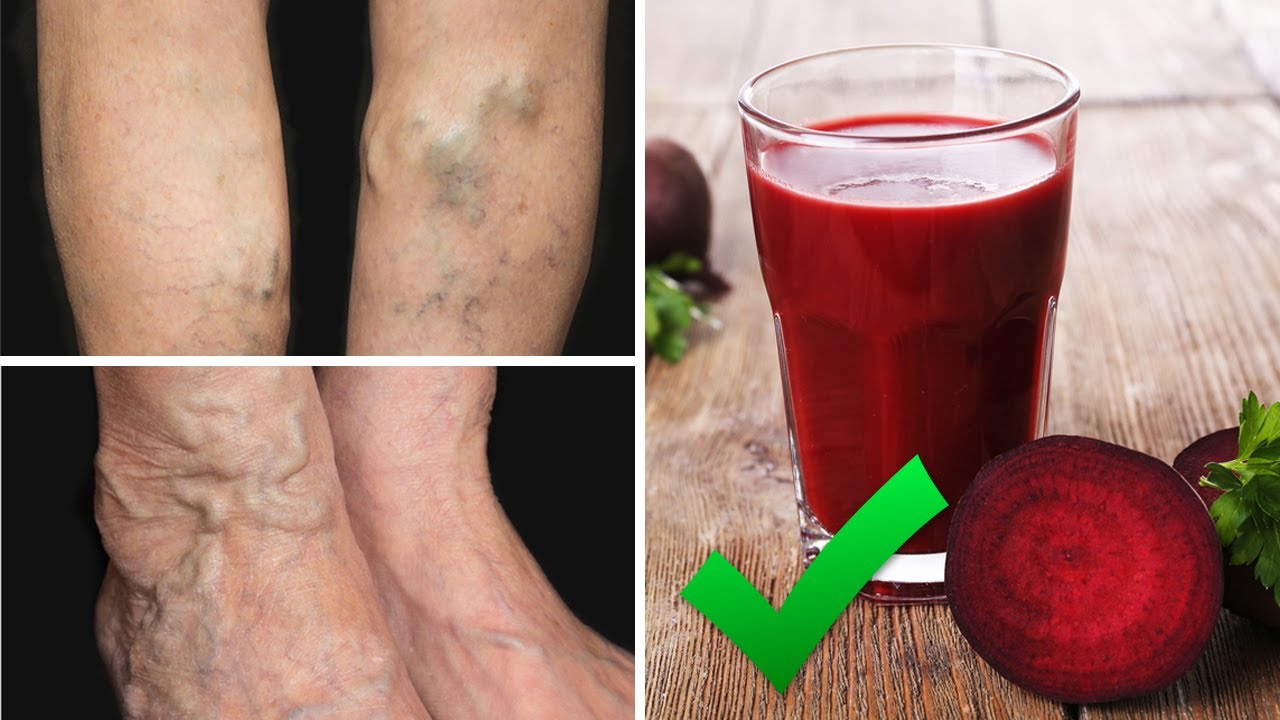
Swollen feet are commonly associated with pregnancy, injury, or jobs that require prolonged standing. However, there are numerous other causes of swollen feet that may indicate an underlying health issue. While most cases of swelling can be resolved with rest or soaking in ice water, sudden swelling should not be taken lightly and medical attention should be sought.
Causes of Swollen Feet
1. Deep Vein Thrombosis (DVT)
Deep vein thrombosis occurs when a blood clot forms in the deep veins of the body, especially the legs. This can result in swelling and heaviness in the legs, along with visible veins. It is crucial to address DVT promptly as it can lead to a life-threatening condition called pulmonary embolism.
2. Achilles Tendonitis
The Achilles tendon, the strongest tendon in the body, can become inflamed and swollen, particularly after physical activities. This condition causes pain and difficulty in movement.
3. Osteoarthritis
Osteoarthritis is the most common type of arthritis and frequently affects the feet. It can cause pain, stiffness, and swelling. Engaging in activities like yoga can help alleviate the pain associated with osteoarthritis.
4. Heart Failure
Swollen feet can be an indication of heart failure, where the heart is not functioning properly, resulting in fluid accumulation in the legs, feet, or ankles. This condition is known as edema.
5. Lymphedema
Lymphedema occurs when excess lymphatic fluid builds up in an arm or leg, causing swelling. If you experience sudden or severe swelling accompanied by pain, seeking immediate medical attention is essential.
6. Cellulitis
Cellulitis is a skin infection typically caused by poor blood flow in the lymphatic system. It often affects the lower legs and causes swelling, redness, and a warm sensation in the affected area.
7. Gout
Gout is a type of arthritis caused by increased levels of uric acid in the body. It is extremely painful, with sudden onset, often at night. The big toe is commonly affected, becoming swollen, red, and tender. If you experience severe pain or if this is your first occurrence, it is important to consult a doctor.
8. Foot Bursitis
Bursitis affects the small fluid-filled sacs that protect bones, muscles, and tendons. While it frequently occurs in the shoulders, hips, and elbows, it can also affect the feet, causing pain, stiffness, redness, and swelling.
9. Rheumatoid Arthritis
Rheumatoid arthritis often starts in the feet, presenting with swollen, painful joints and severe inflammation. The tendons and muscles may also become swollen due to nodules beneath the skin caused by the disease.
If you notice swelling in your feet and suspect it could be a sign of an underlying health issue, it is crucial to consult a medical professional. Stay proactive about your health and share this valuable information with your friends and family.
Let us know your thoughts about this article in the comment section below.




